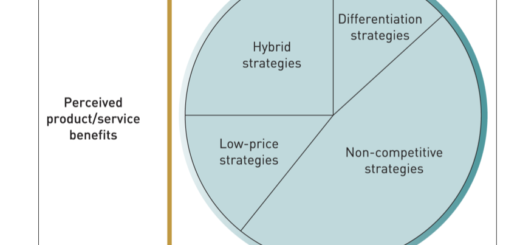Scientific Management Theory
Scientific management, also known as Taylorism, is a management theory that was developed by Frederick Winslow Taylor in the late 19th and early 20th centuries. It is based on the idea that there is a “one best way” to perform a task, and that work should be broken down into smaller, specialized tasks that can be performed more efficiently.
The principles of scientific management include:
- Study of Work: A systematic study of each task should be conducted to determine the most efficient way to perform the work.
- Division of Labor: Work should be divided into specialized tasks, with each worker responsible for performing a specific, narrow set of tasks.
- Development of Standard Operating Procedures: Standard operating procedures should be developed for each task, based on the results of the study of work.
- Scientific Selection and Training of Workers: Workers should be selected and trained based on their ability to perform the specialized tasks required in the work process.
- Management Control: Management should have complete control over the work process, with the workers responsible for following the standard operating procedures and the managers responsible for ensuring that the work is performed efficiently.
- Time and Motion Study: A time and motion study should be performed to determine the most efficient way to perform the work and to identify opportunities for improvement.
The goal of scientific management was to improve efficiency and productivity by breaking down tasks into smaller, specialized tasks that could be performed more efficiently. It was widely adopted in manufacturing and production environments, and its principles continue to influence management thinking and practices in many organizations today.
However, scientific management has also been criticized for its focus on efficiency and productivity at the expense of worker well-being and satisfaction. Critics argue that the focus on specialized tasks and standard operating procedures can lead to boredom and monotony for workers, and that the emphasis on control by management can lead to a lack of autonomy and creativity for workers.









1 Response
[…] Scientific Management: The first systematic approach to management was developed by Frederick Winslow Taylor. He advocated for breaking down work processes into smaller, simpler tasks and optimizing each step for efficiency. […]